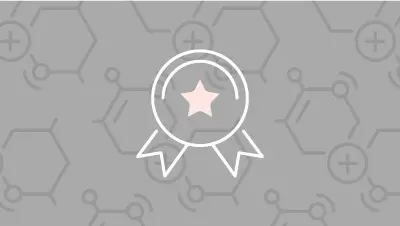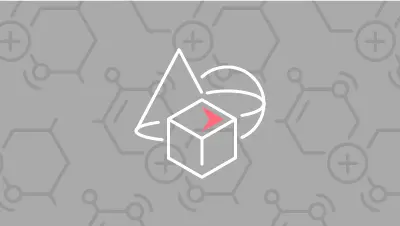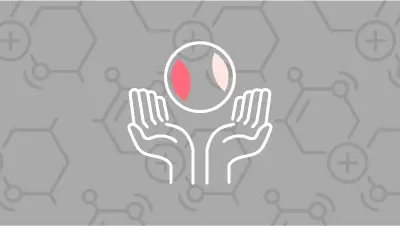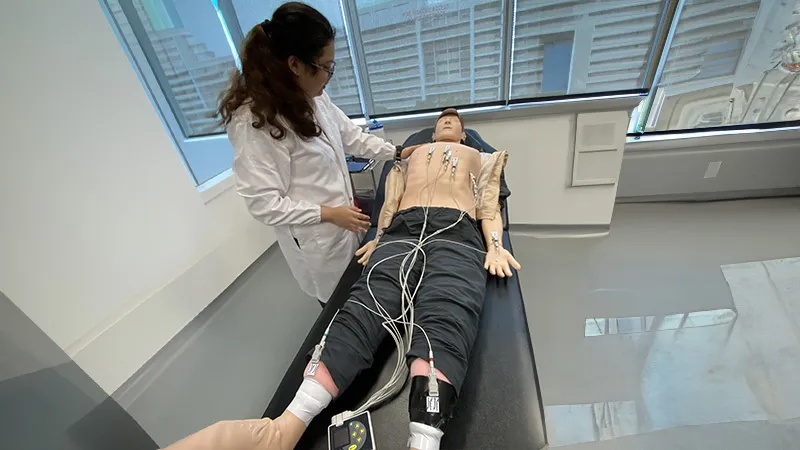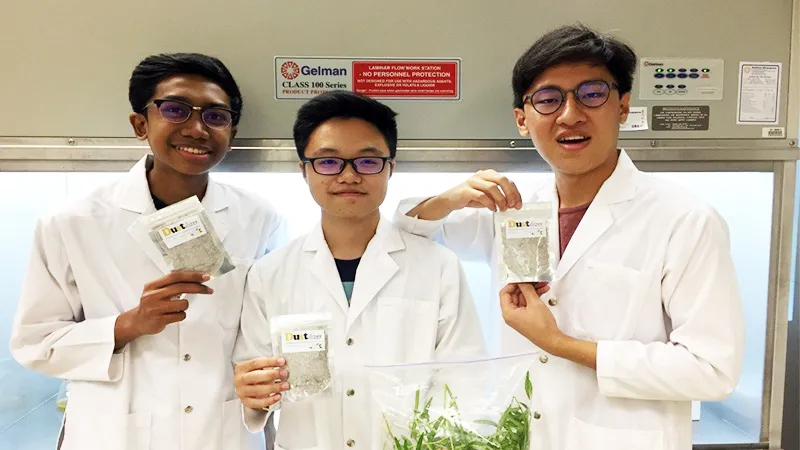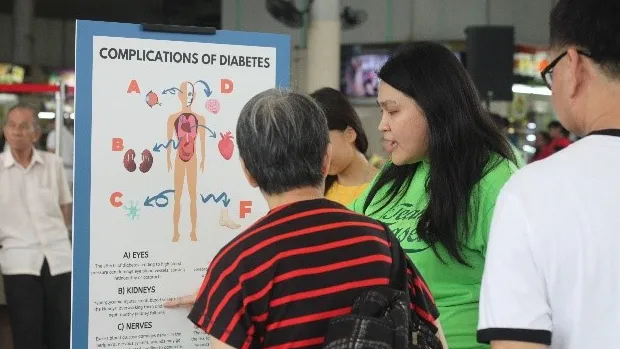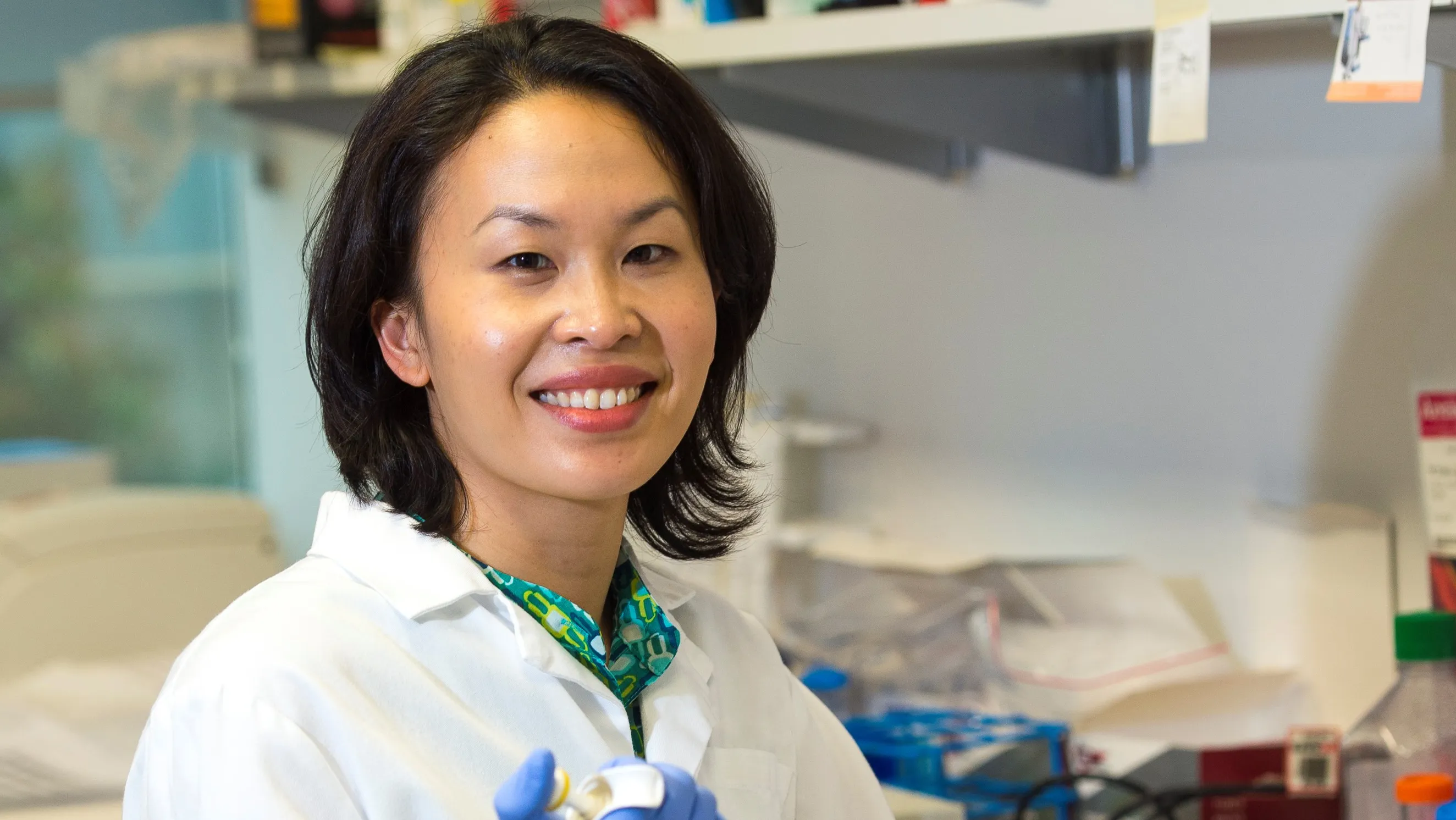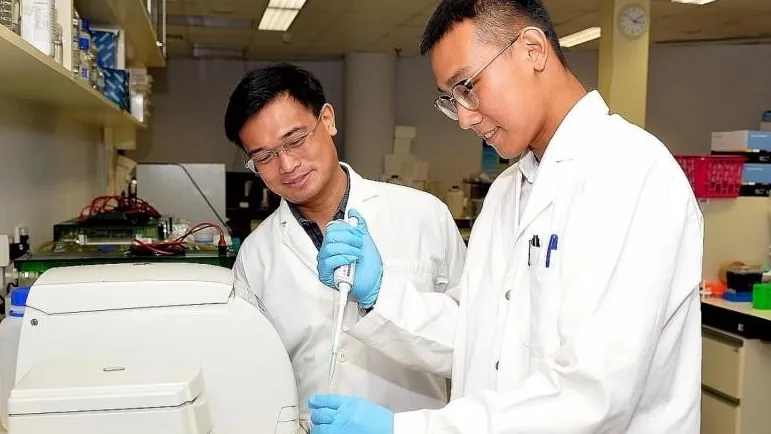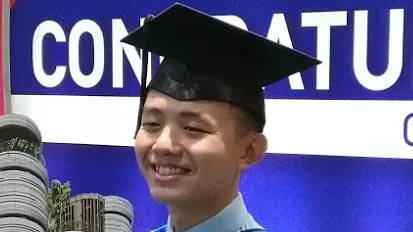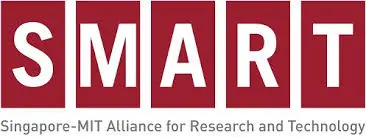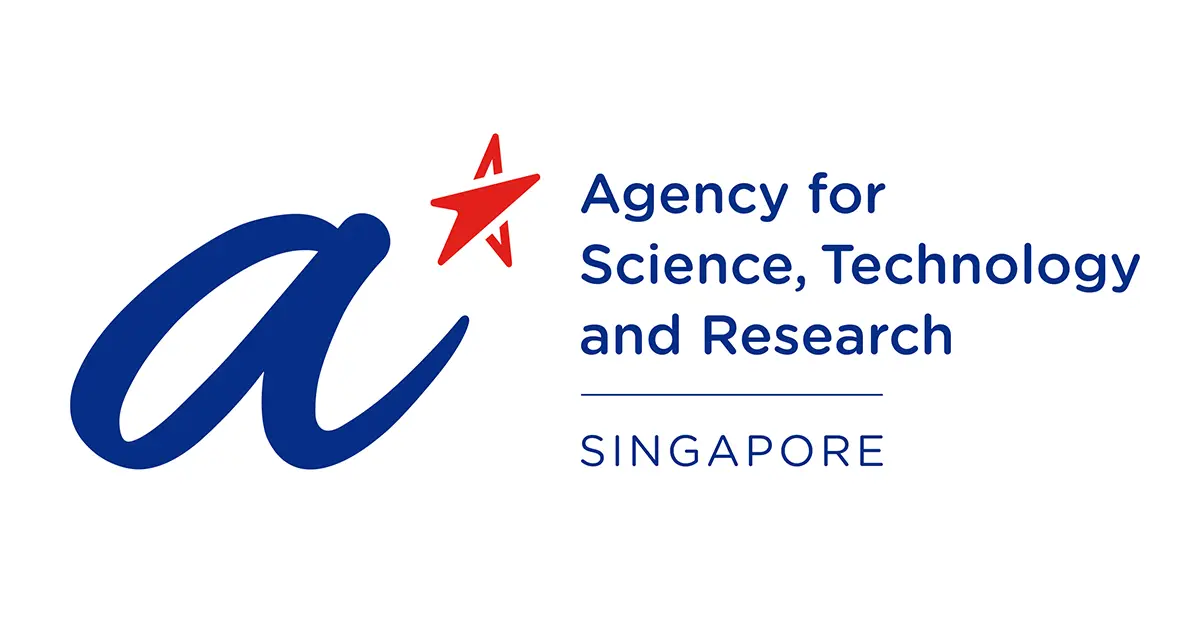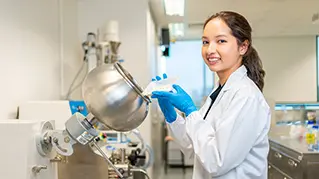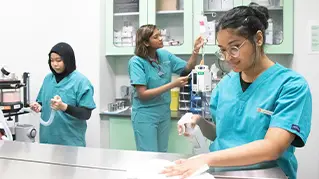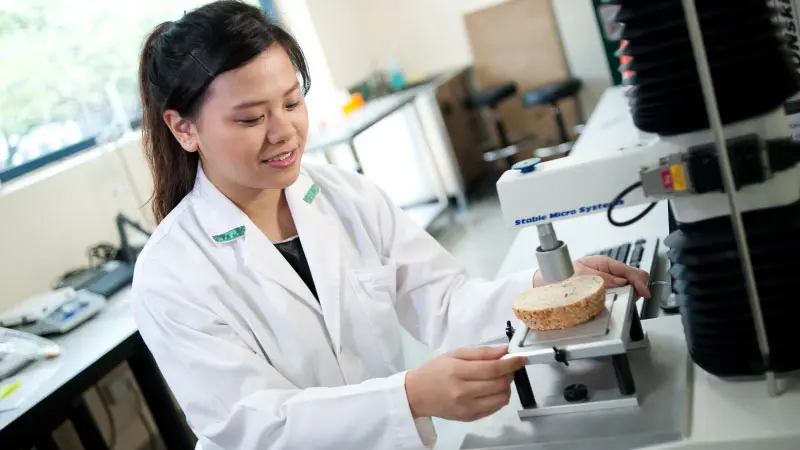In the first year, students would be exposed to broad-based fundamental knowledge and skills on microbiology, cell biology and biochemistry, inorganic and physical chemistry, digitalisation, laboratory and workplace safety, mathematics, statistics, nutrition and health, and sustainability.
Then after learning the basic knowledge and skills, they need to practice and apply in different context. So, in the second year, students will learn specialised knowledge and skills related to biomedical research and biotechnology. You will learn about molecular biology, bioanalytical technology, cell technology and human anatomy and physiology, synthetic and systems biology, tissue engineering and regenerative medicine that will enable you to work in biotechnology and biomedical science research and industry. Skillsets from haematology and blood banking, immunochemistry, clinical microbiology, and histopathology will enable you to work in the clinical laboratories. Students who take clinical cardiology will be equipped to work in the heart clinics or cardiology departments. Uniquely MBT at TP, you will be equipped with both biotechnology and biomedical science skillsets.
In the third year, students would have the opportunities to experience authentic learning, based on integrated teaching of real projects and intensive training of skillsets in emerging areas. They can opt from several industry relevant elective clusters, including Clinical Cardiology, Clinical Laboratory Practice, Pharmaceuticals & Biologics Manufacturing, Translational Biological Research, and Technical Sales and Marketing. The work-based learning culminates with a 20-week local or overseas internship and a 6-week major project in the last semester.

